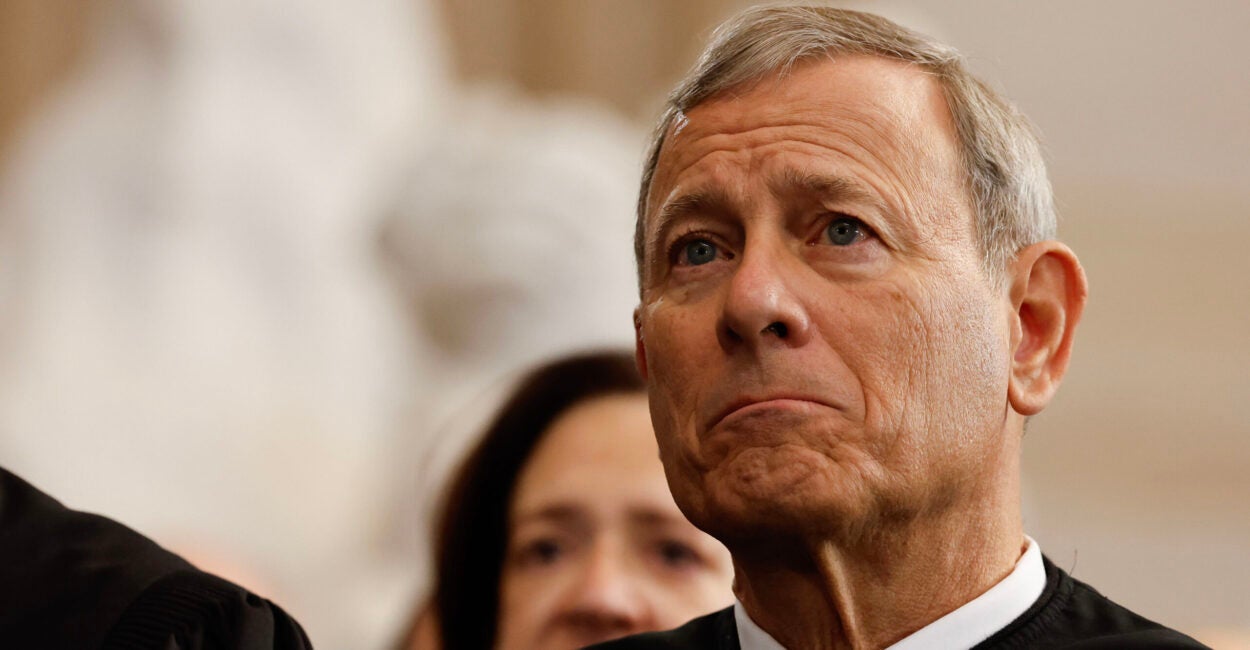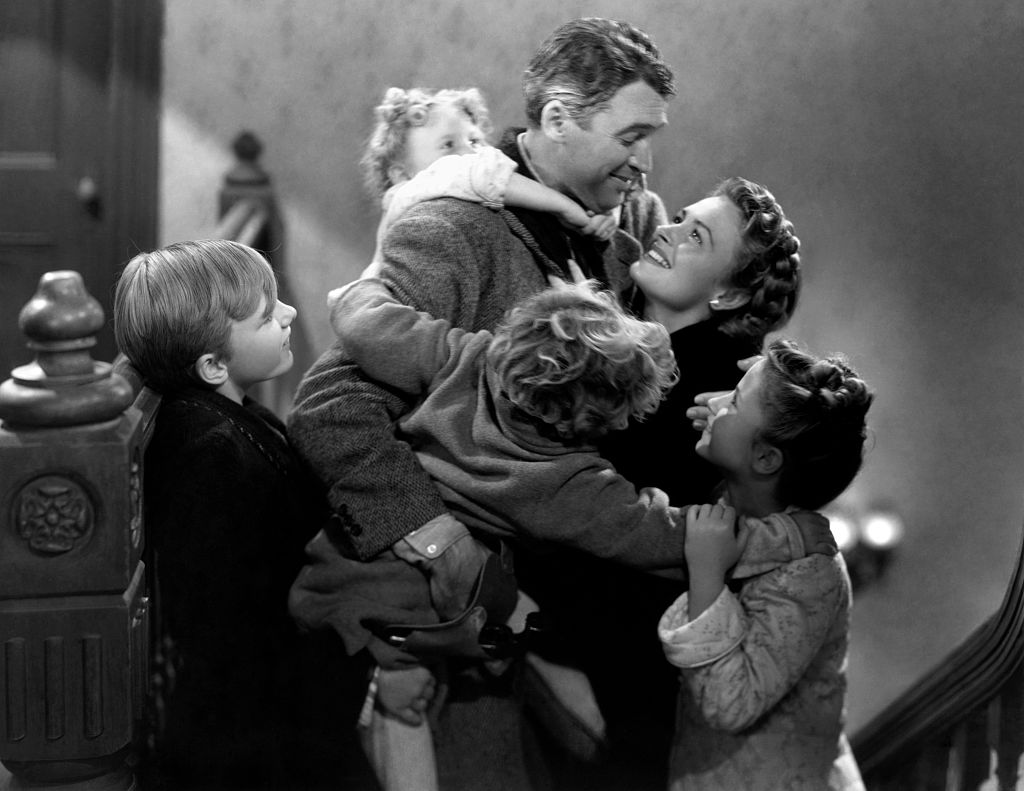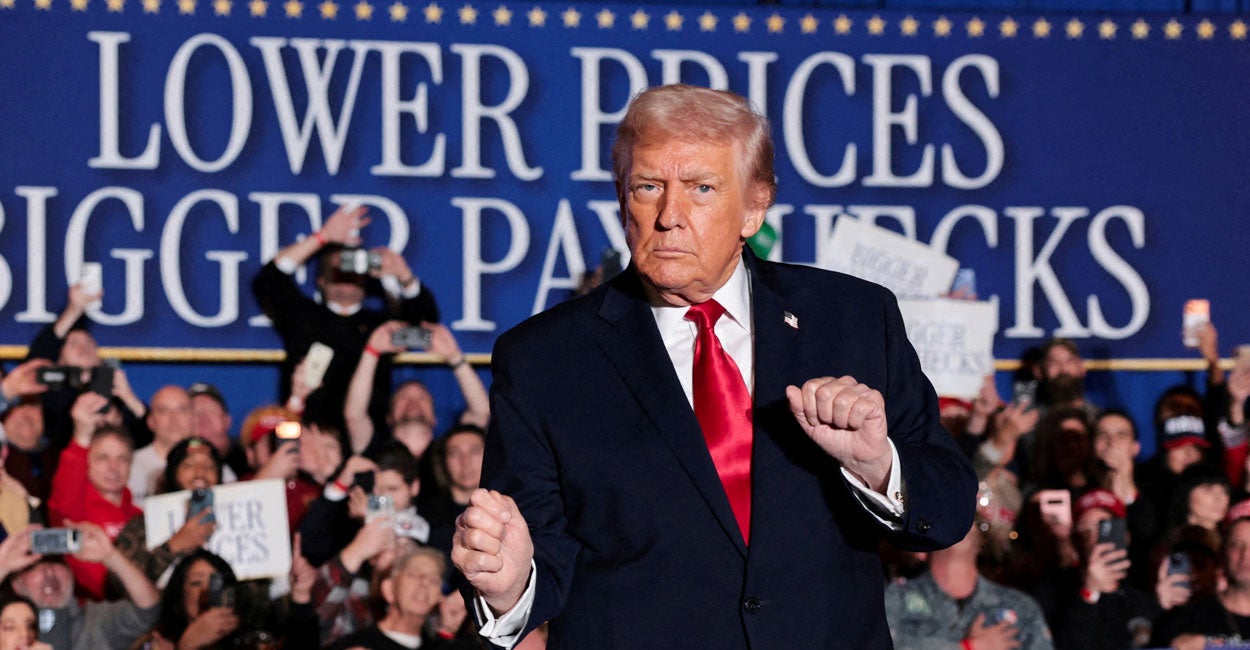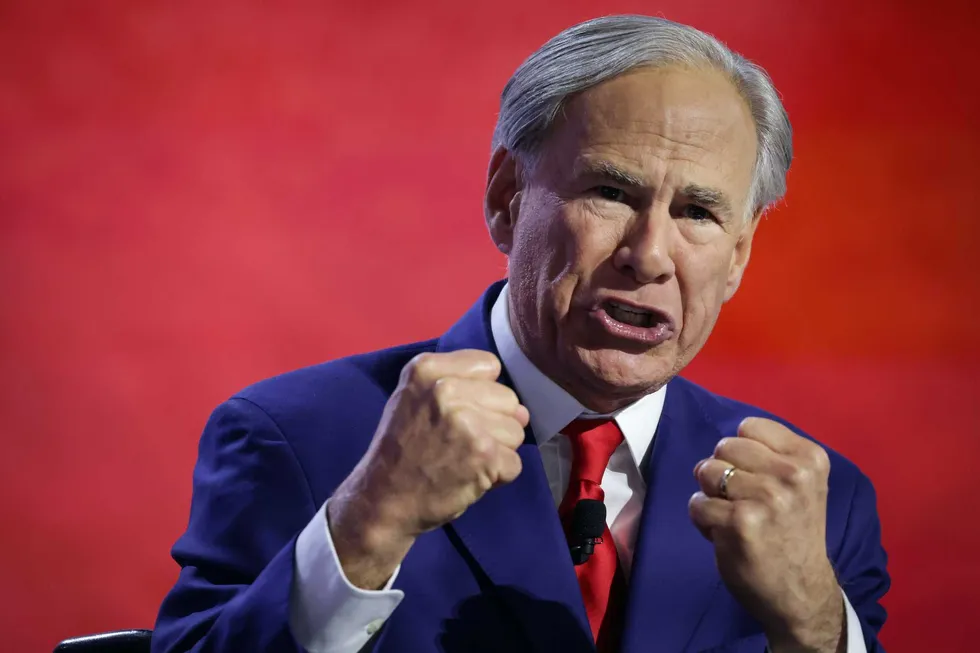Supremes To Decide Whether Political Parties Can Act Like Political Parties

Just before breaking for the summer recess, the U.S. Supreme Court agreed to hear a case in its October term that, in essence, concerns whether Congress can limit political parties from doing what they are formed to do—i.e., support their candidates.
Live Your Best Retirement
Fun • Funds • Fitness • Freedom
That’s the issue at stake in National Republican Senatorial Committee v. Federal Election Commission, an appeal from a Sixth Circuit Court of Appeals decision in a case originally filed by then-Sen. JD Vance, R-Ohio, and former Rep. Steve Chabot, R-Ohio.
The case centers on the Federal Election Campaign Act, which imposes restrictions on fundraising and spending in federal election campaigns. Passed in 1972, that act established the Federal Election Commission—where I once served as a commissioner—to enforce the law.
When enacted, the law limited the amount of money that individuals can contribute to both candidates and political parties, as well as the amount that candidates could spend on their campaigns to get elected.
In 1976, the Supreme Court upheld the limits on individuals as consistent with the First Amendment, a decision reached in the seminal case on the constitutionality of federal campaign finance laws, Buckley v. Valeo. The holding was based on the theory that contribution limits prevent corruption and the appearance of corruption.That then became the test applied by the court in reviewing all campaign finance laws.
While the law limits the amount an individual can contribute to a candidate, thus avoiding corruption, the theory goes, it does not limit the total amount a candidate can raise from numerous supporters. Thus, it does not limit the candidate’s speech and political activity, said the court.
But the Supreme Court threw out the limits on expenditures by candidates as unconstitutional. It costs money to rent a ballroom, place a political ad, mail campaign brochures, and carry out all the other activities required to convey views, opinions, promises, and ideas to the electorate. Thus, limits on candidate expenditures function as limits on speech—and therefore violate the First Amendment.
Under FECA, the current limit on how much you can contribute to your favorite political party is $41,300. The law also limits how much a political party can contribute directly to the campaign committees of its own political candidates, although that limit is not being challenged in this lawsuit.
What is being contested is the limit the law imposes on how much money a political party can spend on its own to support its candidates.
The original law limited all party expenditures, whether coordinated with the candidate or independent, in order, supposedly, to curtail wasteful and excessive campaign spending.
Coordinated expenditures are those made with the cooperation of, consultation with, or input from the candidate. In contrast, independent expenditures are those made without any input from or coordination with the candidate—for example, expenditures like when a political party designs and publicizes a political ad entirely on its own without ever talking to the candidate or his staff about it.
In the 1996 case Colorado Republican Fed. Campaign Comm. v. FEC, the Supreme Court overturned the limit on independent expenditures by political parties. The First Amendment gives the parties the same right as other citizens to “make unlimited independent expenditures” in support of their candidates, said the court.
But in a 2001 case out of Colorado, FEC v. Colorado Republican Federal Campaign Comm., a 5-4 majority led by former Justice David Souter upheld the limit on coordinated expenditures.
Despite the court’s holding in the Buckley decision that limits on expenditures were unconstitutional, Souter treated coordinated party expenditures as “the functional equivalent of contributions” to the candidate—a choice that then allowed him to uphold the limit.
The dissenters, led by Justice Clarence Thomas, objected, saying there was no evidence that coordinated expenditures lead to corruption.
The Ohio case is a direct challenge to the 2001 case.
Significantly, none of the justices who were in the five-member majority are still on the Supreme Court. Not only that, but as the Sixth Circuit pointed out, since 2001, the Supreme Court has taken a more restrictive approach to campaign finance laws that intrude on First Amendment rights.
That “change in the legal landscape” makes this challenge “arguably meritorious,” said the Sixth Circuit. Of note, the district court in this case could not find a single instance of quid pro quo corruption linked to coordinated party expenditures.
Despite showing sympathy by summarizing the constitutional problems with the coordinated expenditures limit, the Sixth Circuit ultimately ruled against the challengers because it felt bound to follow the precedent of the Supreme Court’s decision in the 2001 Colorado case.
By accepting the case, the Supreme Court sent a clear indication that the current justices may be rethinking the correctness of that decision.
They should do that.
The whole point of political parties is to bring together citizens who share views, opinions, and values in the political arena and on matters of public interest. The parties’ job is to find, recruit, and support candidates who espouse those views, opinions, and values. It is a fundamental violation of the First Amendment and the associational rights of the Fourteenth Amendment to restrict the ability of a political party to support its candidates.
Justice Souter’s opinion made no sense in 2001—as Clarence Thomas, Antonin Scalia, Anthony Kennedy and William Rehnquist pointed out—and it makes no sense today.
The post Supremes To Decide Whether Political Parties Can Act Like Political Parties appeared first on The Daily Signal.
Originally Published at Daily Wire, Daily Signal, or The Blaze
What's Your Reaction?
 Like
0
Like
0
 Dislike
0
Dislike
0
 Love
0
Love
0
 Funny
0
Funny
0
 Angry
0
Angry
0
 Sad
0
Sad
0
 Wow
0
Wow
0









































































